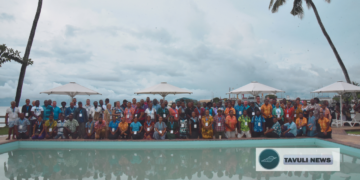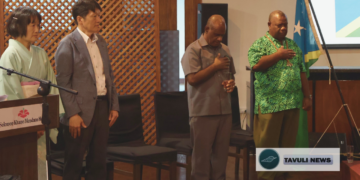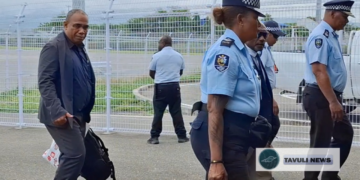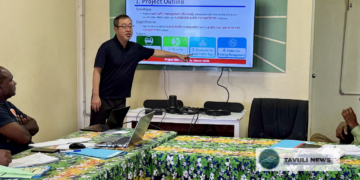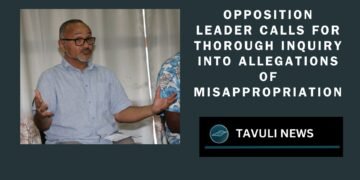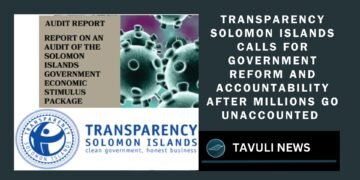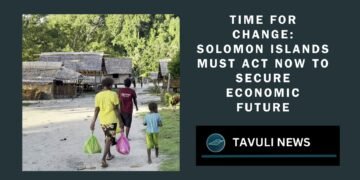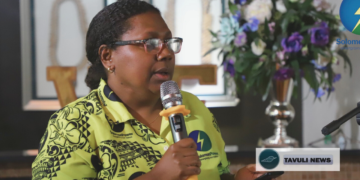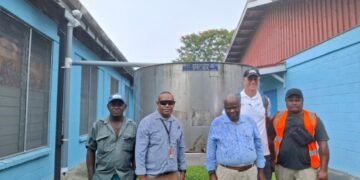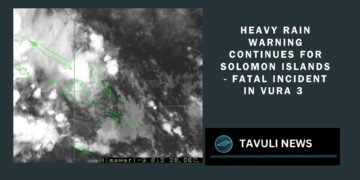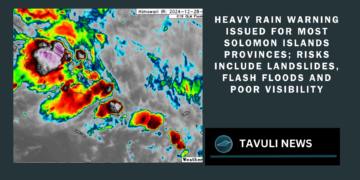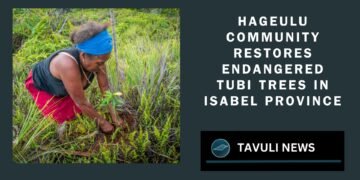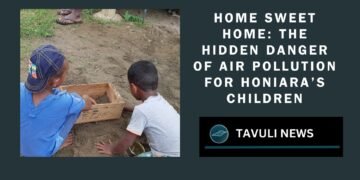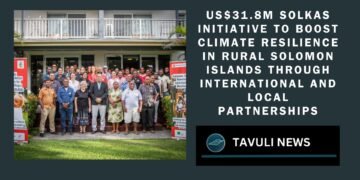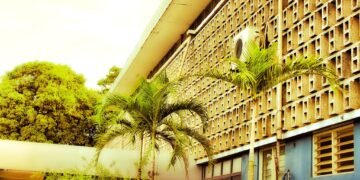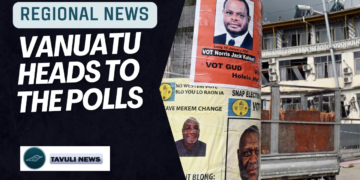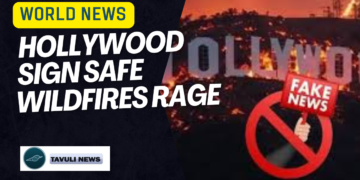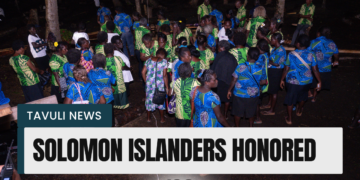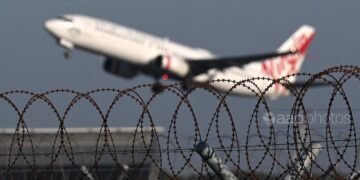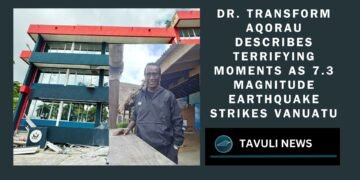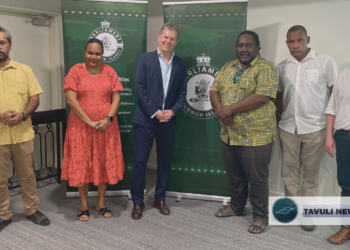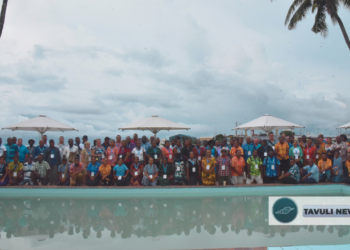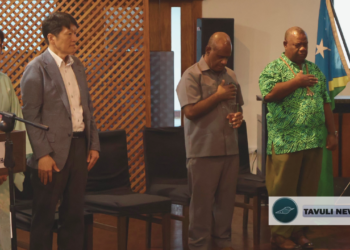Experts highlight the historical eruption pattern on Savo, urging proactive government measures before the next event
Despite the existence of a relocation guideline, Henry Tufah, Deputy Director in the Climate Change Department, asserts that it falls short in addressing the imminent risks faced by the people of Savo in the Solomon Islands. Savo, home to a unique non-Austronesian group of islanders with distinct language and history, is at risk of geological hazards, including earthquakes and a potential volcanic eruption.
The island, housing fewer than 5000 residents, stands as a cultural treasure for the Solomon Islanders. Wendy Ngina, a Savo native and teacher, emphasizes the emotional ties to their homeland, expressing concerns about the lack of clarity on relocation plans. “Should anything happen to us because of the volcano, we will not know where we will go. This is our home,” Wendy stated.
The International Organization for Migration (IOM) has assisted the government with a relocation guideline that outlines institutional arrangements and steps for planned relocation. However, Tufah argues that more comprehensive measures are needed. “The best option would be to allocate a plot of land on Guadalcanal, allowing the people to become accustomed to the new location, making it their second home,” Tufah suggested.
Martin, another teacher on Savo, remains optimistic but urges the government to prioritize the well-being of the residents. “The government should already identify a plot of land for us, should the worst happen,” he said.
Geologists, including Thomas Toba, highlight the reactivation of the Savo volcano and express concern for the safety of the island’s residents. “It is up to the government to come up with a plan for the people and take action before the volcano erupts,” Toba emphasized. Historical records indicate that the Savo volcano erupts approximately every 200 to 300 years, with the last eruption occurring in 1840.
Wendy acknowledges the possibility of relocation, stating, “If the worst comes to the worst, we will have no choice but to relocate.” The government’s Ministry of Mines and Energy is responsible for early warning systems on the island, monitoring volcanic activities through live CCTV cameras. However, resource constraints hinder their ability to maintain equipment and monitor earthquakes effectively nationwide.
*This feature story is produced with the support of the Indigenous Journalists Story Grant from the Earth Journalism Network (EJN) 2023


